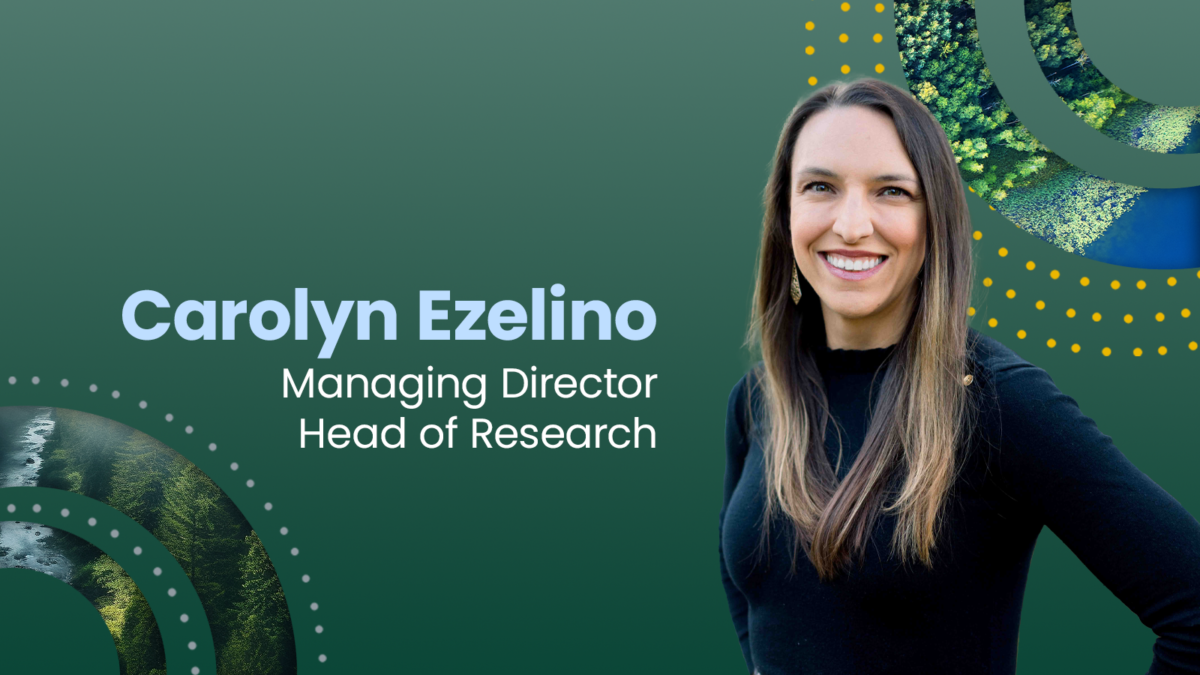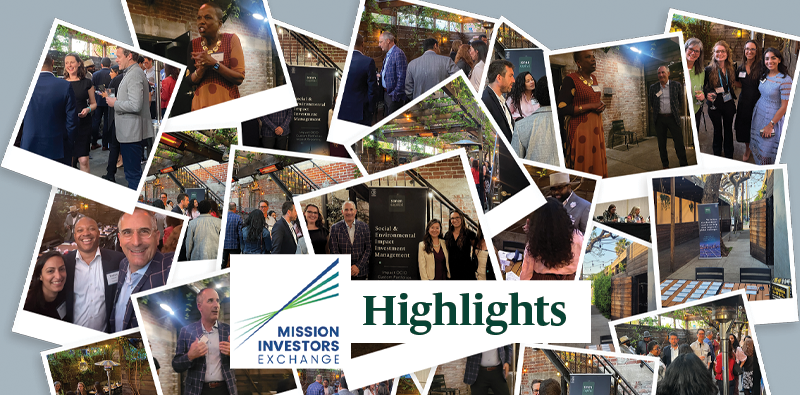Symvest
October 25, 2013
US investment firm Sonen Capital has published a new report which suggests that impact investment can outperform traditional asset class strategies.
The firm, headquartered in San Francisco, launched the Evolution of an Impact Portfolio report partnership with the KL Felicitas Foundation (KLF) earlier in the month in order to coincide with the UK’s National Ethical Investment Week – co-ordinated by UKSIF – the UK Sustainable Investment and Finance Association.
The term “impact investing” refers to an approach to investing that takes into account two goals: the intent to generate financial returns, and the intent to create purposeful, measurable, positive social or environmental impact through those investments.
Findings of the report show how a thoughtfully developed, risk-aware portfolio approach to impact investing can be implemented across a wide range of portfolio sizes. New options in the impact marketplace allow investors to pursue a broad spectrum of financial and impact goals through both public and private strategies.
In addition to producing positive social or environmental benefits, the paper says an impact investment strategy may also result in strategic portfolio advantages, including potentially reducing overall portfolio volatility, or seizing opportunities to capture alpha through market inefficiencies and by capitalizing on long-term social and environmental trends.
Data also suggests that impact investments can address needs across a spectrum of impact opportunities and financial goals, and could potentially offer investors less-correlated exposures that also improve social and environmental conditions at local, regional and global levels.
Raúl Pomares, Sonen Capital senior managing director, says:
“We are extremely excited to share this report with the broader financial services industry in the hopes of discrediting the myth that investing for positive social and environmental outcomes requires a financial sacrifice”.
He adds, “In the spirit of KLF’s mission, the Foundation’s hope is that others can learn from this experience and use these lessons to inspire them to action in mobilizing their assets to align with their values and address the world’s challenges, without necessarily a trade off in return.”


